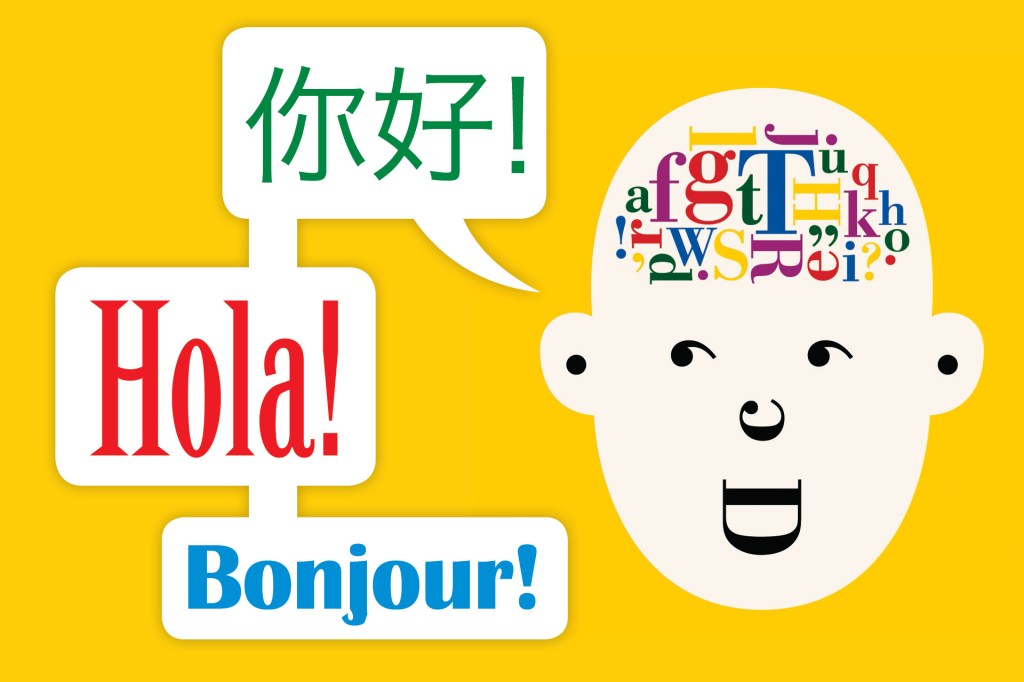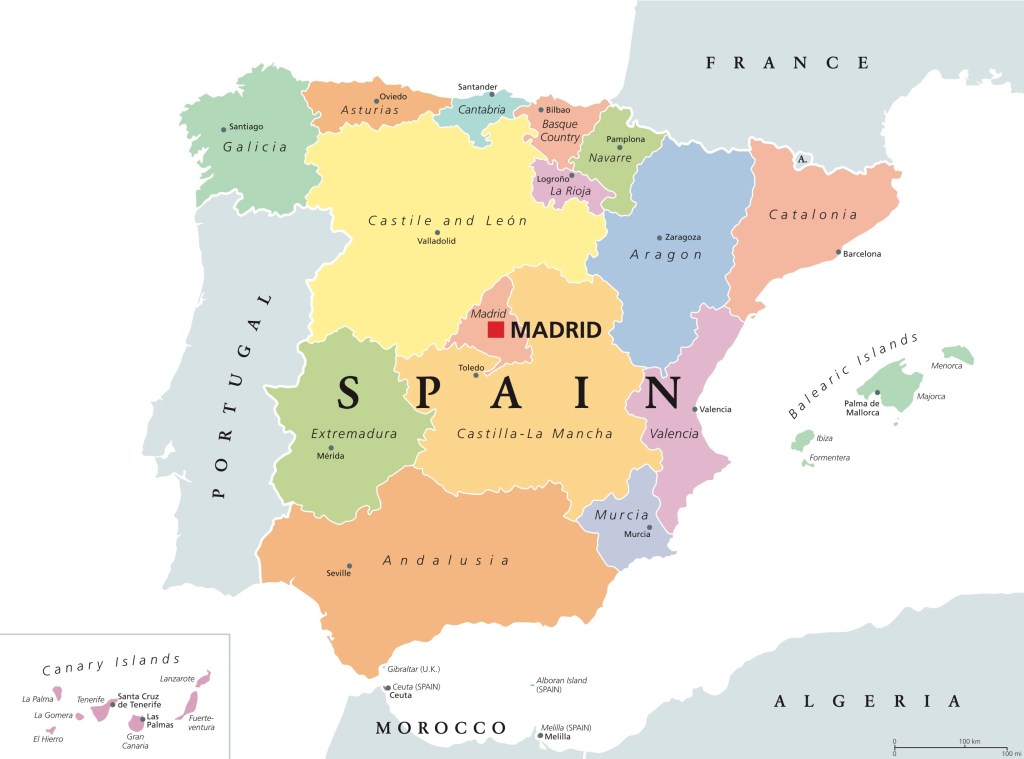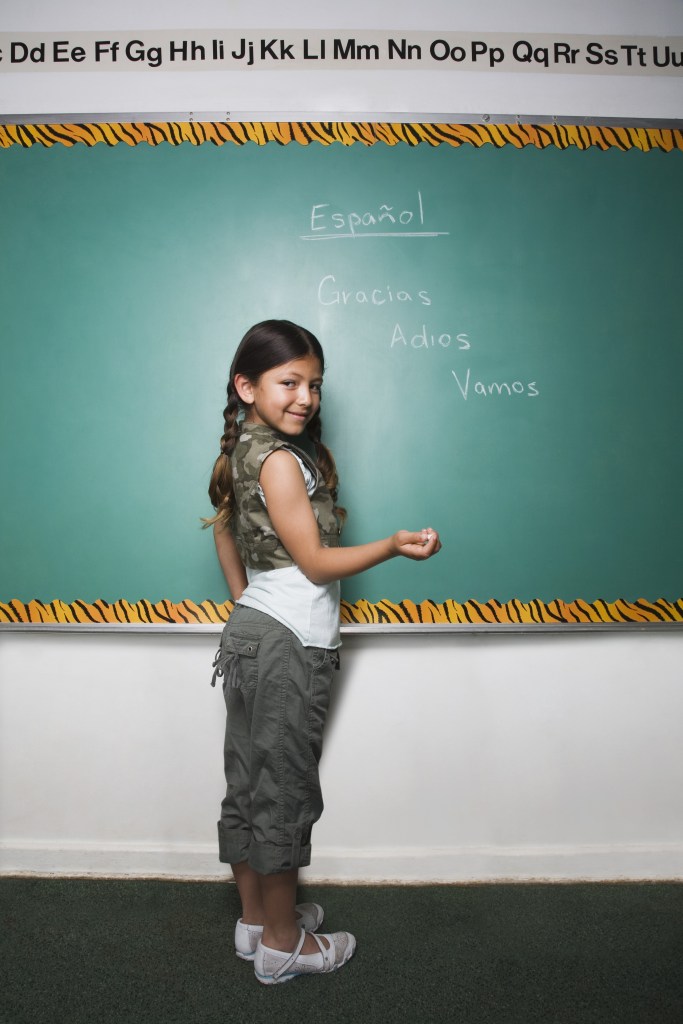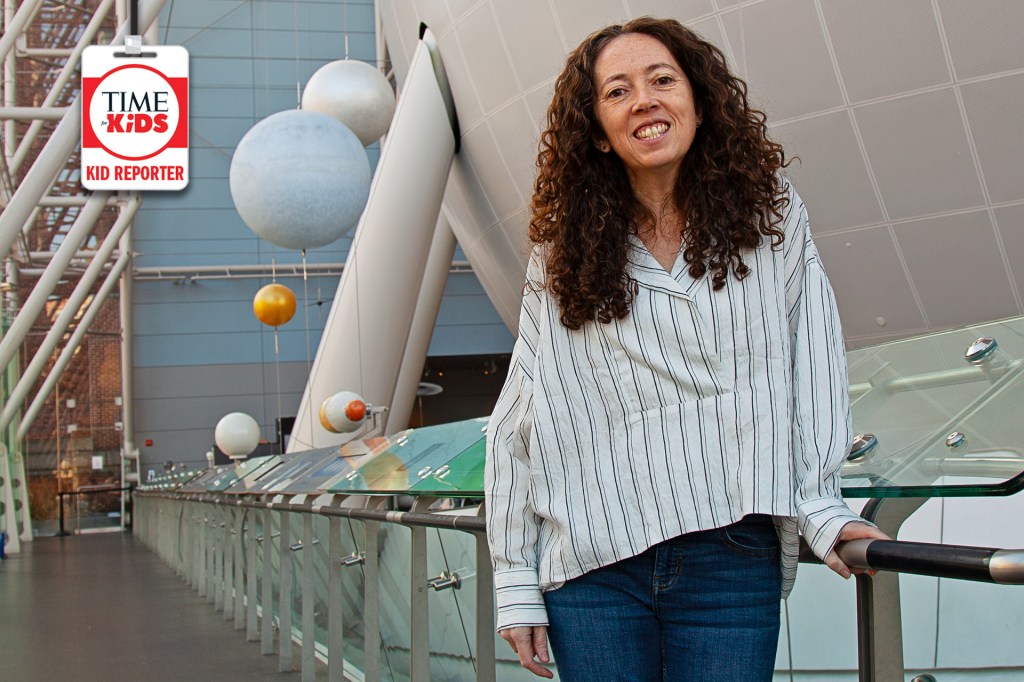Language Learning

Learning a new language can be tricky at any age. But in a recent study, scientists have pinpointed the exact age at which your chances of reaching fluency
fluency
 DIGITALVISION/GETTY IMAGES
the ability to use a language like a native speaker
(noun)
Mr. Cato's fluency in Mandarin proved invaluable during parent-teacher conferences.
in a new language seem to quickly drop off: 10. Does this mean you should quit your French class if you’re older than 10? Non!
DIGITALVISION/GETTY IMAGES
the ability to use a language like a native speaker
(noun)
Mr. Cato's fluency in Mandarin proved invaluable during parent-teacher conferences.
in a new language seem to quickly drop off: 10. Does this mean you should quit your French class if you’re older than 10? Non!
The study appeared in the journal Cognition. It found that it’s “nearly impossible” to reach fluency if you start learning a language after age 10. That’s not because language skills start to go downhill. “You’re still learning fast,” says Joshua Hartshorne, one of the study’s coauthors. “It’s just that you run out of time, because your ability to learn starts dropping at around 17 or 18 years old.” People who start learning a new language after age 10 may still become quite good, the authors say. But they are unlikely to become fluent.
A Child’s Mind
Kids may be better than adults at learning new languages for many reasons. Children’s brains are more adaptable than those of adults. This means they’re better able to respond to new information. “All learning involves the brain changing,” Hartshorne says. “Children’s brains seem to be a lot more adept at changing.”
Kids may also be more willing than adults to try new things. And while adults tend to fall back on the rules and patterns of their first language, kids are able to approach a new one with a blank slate.
Behind the Study
For the study, the researchers created an online quiz. It promised to guess people’s native language, dialect
dialect
 PETERHERMESFURIAN/GETTY IMAGES
a branch of a language that is specific to a region or group of people
(noun)
The Castilian dialect of Spanish is spoken in northern and central Spain.
, and home country, based on their responses to English grammar questions. At the end of the quiz, people entered their actual native language. They also reported if and when they had learned any other languages and where they had lived. Nearly 670,000 people took the quiz. This gave researchers huge amounts of data from English speakers of many ages and backgrounds. Analyzing people’s responses and grammar mistakes allowed them to draw conclusions about language learning.
PETERHERMESFURIAN/GETTY IMAGES
a branch of a language that is specific to a region or group of people
(noun)
The Castilian dialect of Spanish is spoken in northern and central Spain.
, and home country, based on their responses to English grammar questions. At the end of the quiz, people entered their actual native language. They also reported if and when they had learned any other languages and where they had lived. Nearly 670,000 people took the quiz. This gave researchers huge amounts of data from English speakers of many ages and backgrounds. Analyzing people’s responses and grammar mistakes allowed them to draw conclusions about language learning.
The findings also offer ideas for adults hoping to pick up a new language. Researchers found that people did better when they learned by immersion
immersion
 JUPITERIMAGES PHOTOLIBRARY/GETTY IMAGES
a way of learning a language in which one hears and uses only that language
(noun)
Lina's parents signed her up for the new Spanish-immersion program at school.
rather than only in a classroom. Moving to a place where your chosen language is spoken all the time is the best way for adults to learn.
JUPITERIMAGES PHOTOLIBRARY/GETTY IMAGES
a way of learning a language in which one hears and uses only that language
(noun)
Lina's parents signed her up for the new Spanish-immersion program at school.
rather than only in a classroom. Moving to a place where your chosen language is spoken all the time is the best way for adults to learn.
Learners of all ages can search out native speakers in their community to talk with. By creating an immersive environment, it’s possible to become good at speaking a new language. Now that’s worth talking about!













